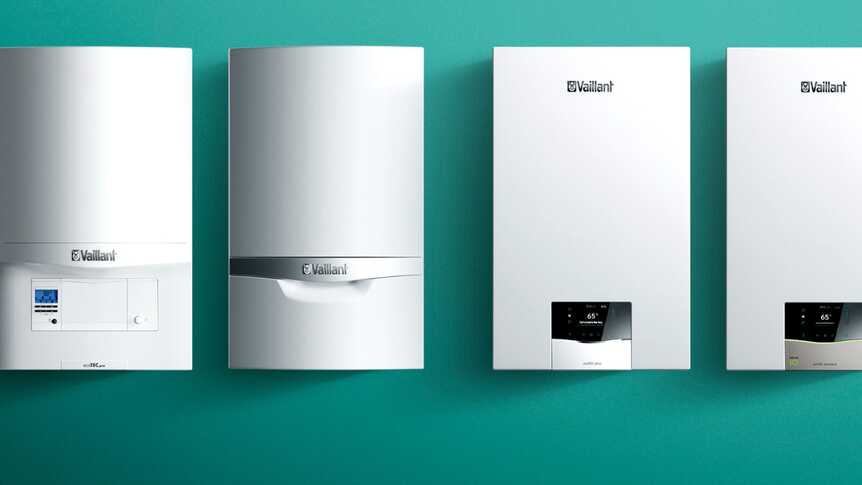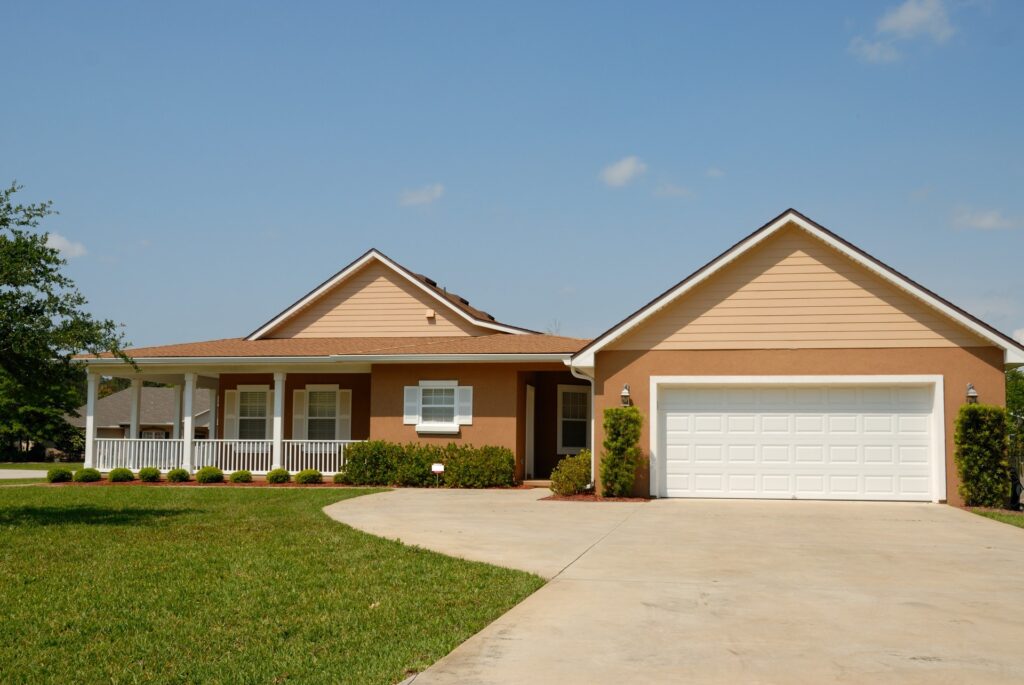Your boiler is a trusty companion that keeps your home cozy and warm, especially during the chilly winter months. However, like any piece of machinery, it may occasionally voice its concerns in the form of strange noises. If you’ve ever wondered what those clanks, whirs, and hisses might signify, you’re in the right place. In this guide, we’ll explore the common sounds your boiler might make and what they could mean for your heating system.
Boiler Noises 101
Before we delve into the specific noises, let’s understand the basics. Your boiler is a complex system with several components working together seamlessly. When everything’s running smoothly, it should be as quiet as a mouse. But when issues arise, your boiler might become a bit chatty. Here’s a breakdown of the most common sounds and what problems with your Vaillant or other brand of boiler they may indicate:
1. Banging or Clanking
What it sounds like: If your boiler sounds like a mini construction site with loud bangs or clanks, it’s time to investigate.
What it could mean:
Kettling: This term might remind you of a cozy tea kettle, but in the boiler world, it’s not so pleasant. Kettling occurs when limescale builds up on your boiler’s heat exchanger, causing it to overheat and make those alarming noises.
Air in the system: Air trapped in your radiators or pipes can create pressure imbalances, leading to bangs and clanks as the water tries to navigate through.
Loose components: Over time, parts inside your boiler can loosen, causing the noise. These could include pump bearings, heat exchanger baffles, or even the expansion vessel.
2. Whistling or Screeching
What it sounds like: If your boiler suddenly thinks it’s a teapot and emits a high-pitched whistle, it’s time to pay attention.
What it could mean:
Pressure issues: A common culprit behind whistling noises is low water pressure. When there’s not enough water in the system, your boiler’s safety valve might release steam, resulting in a whistling sound.
Faulty pump: If your boiler’s pump isn’t operating as it should, it might produce a screeching sound as it struggles to circulate water effectively.
3. Gurgling or Gurgle
What it sounds like: Imagine the sound of water moving through a pipe with a bit of a glug-glug. If your boiler sounds like it’s burbling, it’s time for investigation.
What it could mean:
Air in the system: Just like with banging noises, air trapped in your radiators or pipes can cause gurgling sounds as water tries to flow past the trapped air pockets.
Blocked pipes or heat exchanger: Accumulated sludge, debris, or limescale can create blockages in your system, leading to gurgling sounds as water struggles to pass through.
4. Hissing or Whooshing
What it sounds like: If your boiler sounds like a gentle breeze or a distant waterfall, you might have a hissing or whooshing issue.
What it could mean:
Leaky pipes or valves: Hissing sounds are often associated with escaping steam or water, which can occur due to damaged seals, valves, or pipes. This not only affects the efficiency of your system but also poses a safety risk.
High boiler pressure: When your boiler’s pressure is too high, it can result in a whooshing sound as excess pressure is released through the pressure relief valve.
What to Do When Your Boiler Talks Too Much
Now that you’ve identified the possible culprits behind your noisy boiler, let’s talk about what you can do to address the issue and restore the peace and quiet in your home.
1. Bleed Your Radiators
If you suspect air in your system is causing the noises, bleeding your radiators can help. Here’s a step-by-step guide:
Turn off your heating system: Wait for the radiators to cool down before proceeding.
Locate the bleed valve: It’s usually found at the top of the radiator, either on the side or at the back.
Use a radiator key: Insert the key into the valve and slowly turn it anticlockwise. You’ll hear a hissing sound as the trapped air escapes.
Close the valve: As soon as water starts to come out, close the valve quickly. Be prepared with a cloth to catch any drips.
Repeat for all radiators: Go through all your radiators, starting from the lowest floor and working your way up.
2. Check the Pressure
Low water pressure can cause a variety of issues, including whistling noises. To check and adjust the pressure:
Turn off the boiler: Ensure it’s completely off before proceeding.
Locate the pressure gauge: Most boilers have a pressure gauge, and the ideal pressure usually falls between 1 and 1.5 bar.
Add water if needed: If the pressure is too low, you can top it up by opening the filling loop valve slowly until the pressure gauge reaches the recommended level.
Close the valve: Once the pressure is right, close the valve and turn the boiler back on.
3. Schedule a Boiler Service
For more complex issues like kettling, loose components, or faulty pumps, it’s best to leave it to the professionals. Regular boiler servicing can help identify and address these problems before they become major headaches.
A qualified technician will inspect your boiler, clean out any limescale or debris, and tighten any loose components. This not only ensures your boiler operates efficiently but also extends its lifespan.
4. Consider Powerflushing
If your boiler woes are due to sludge or debris in your system, powerflushing might be the solution. This process involves flushing a special cleaning solution through your radiators and pipes to dislodge and remove any blockages.
Powerflushing can significantly improve the efficiency of your heating system and help eliminate gurgling sounds. It’s a more involved process that’s best handled by a professional.
Preventive Measures for a Silent Boiler
Prevention is often the best medicine, and the same holds true for your boiler. To keep your heating system in tip-top shape and prevent those strange noises from making a return appearance, consider these preventive measures:
1. Regular Servicing
We can’t stress this enough—regular servicing is the key to a happy, quiet boiler. Schedule an annual check-up with a qualified technician to catch and fix any issues before they escalate.
2. Adequate Ventilation
Ensure that your boiler room or area is well-ventilated. Proper airflow can help prevent overheating and kettling issues.
3. Use Inhibitors
Boiler inhibitors are chemicals that can be added to your heating system to prevent the build-up of limescale, rust, and sludge. They can extend the life of your boiler and reduce the chances of strange noises.
4. Maintain the Right Pressure
Keep an eye on your boiler’s pressure gauge and make sure it stays within the recommended range. This simple act can prevent a host of issues, including whistling noises.
Conclusion
Your boiler may make strange noises from time to time, but with the right knowledge and maintenance, you can keep those sounds to a minimum. By understanding what those noises could mean and taking appropriate action, you can ensure your heating system keeps your home warm and cozy without the added soundtrack of clanks, whirs, or hisses. Remember, a well-maintained boiler is a happy and silent boiler. So, keep the peace and enjoy a comfortable, quiet home all year round.





Leave a Reply
You must be logged in to post a comment.